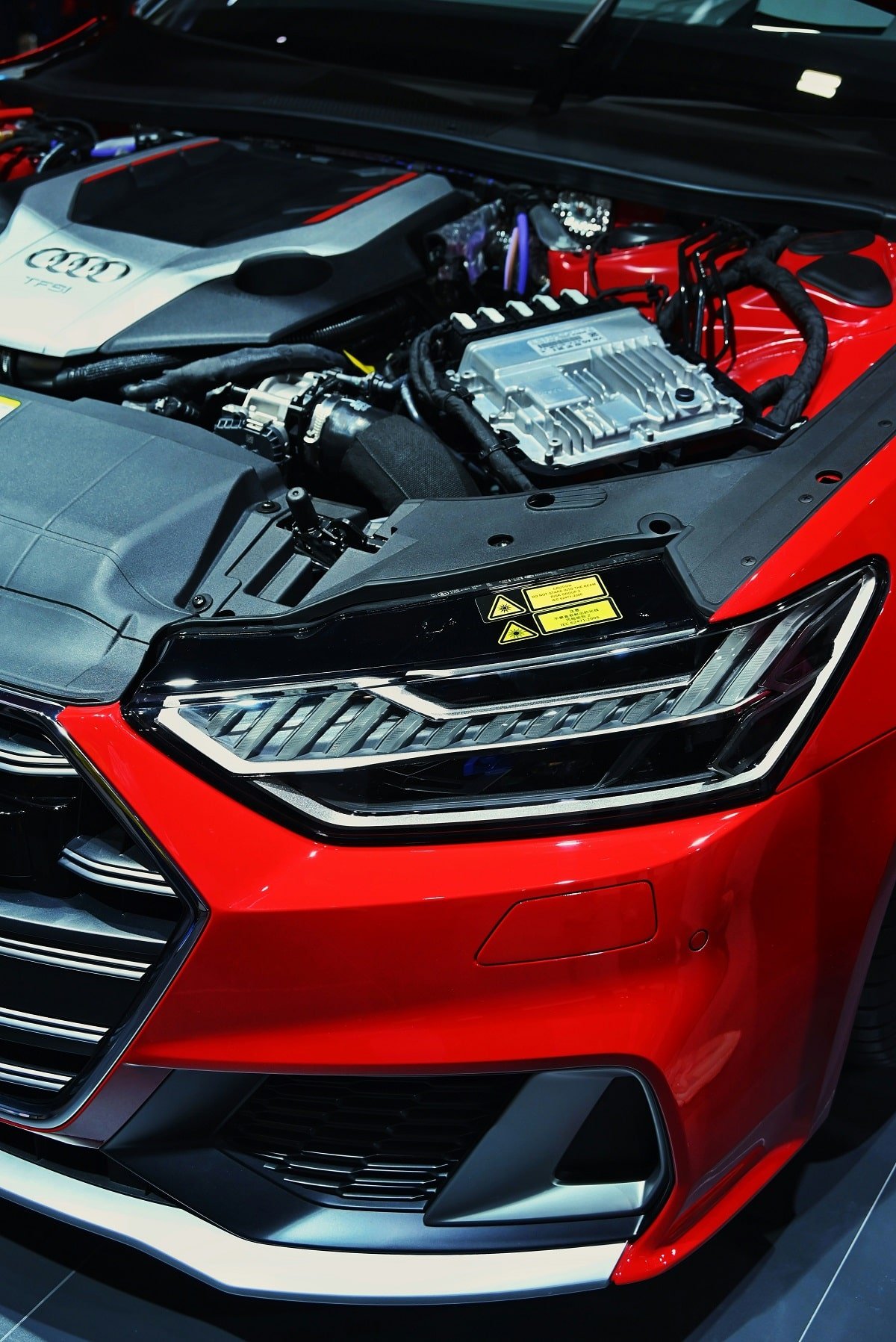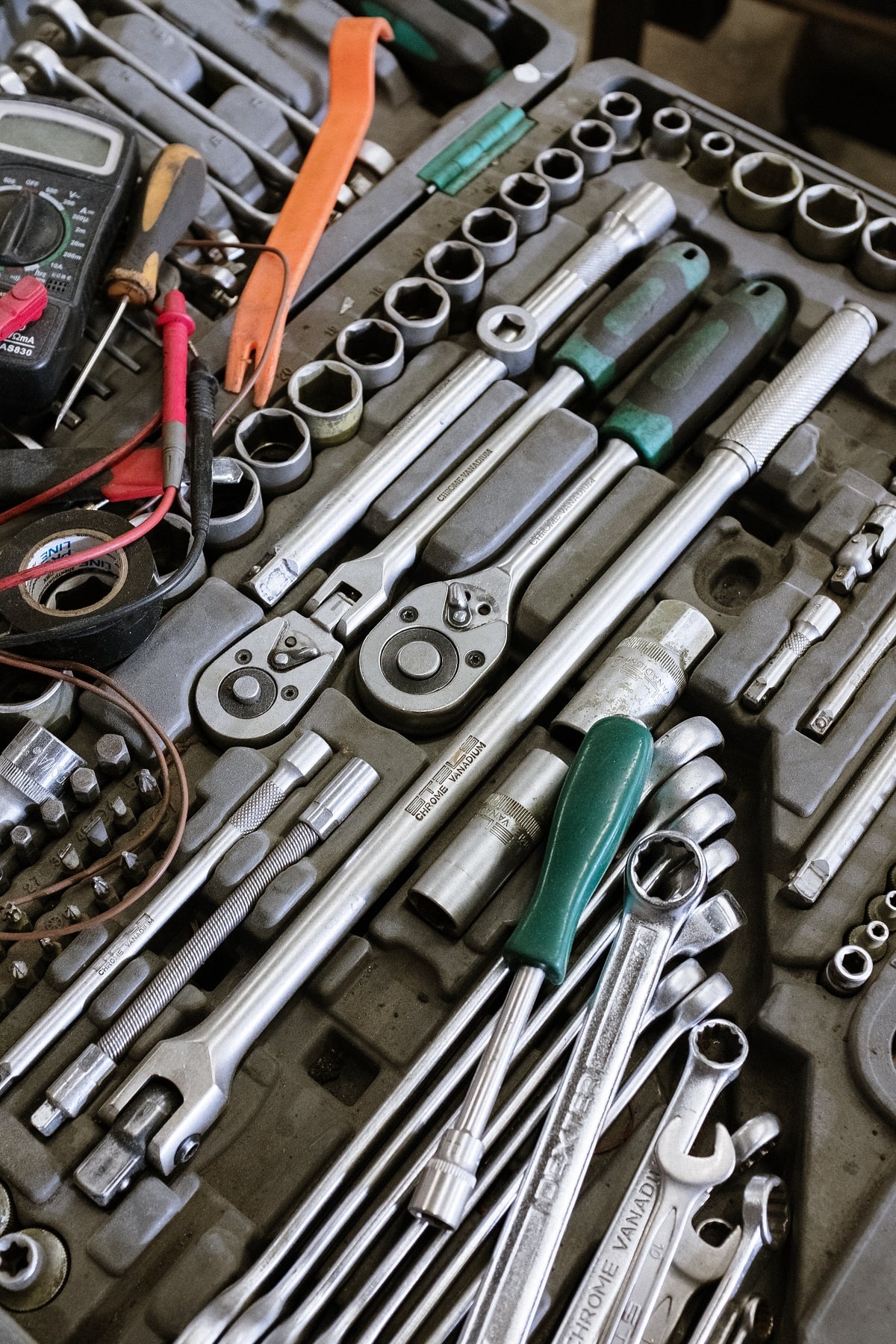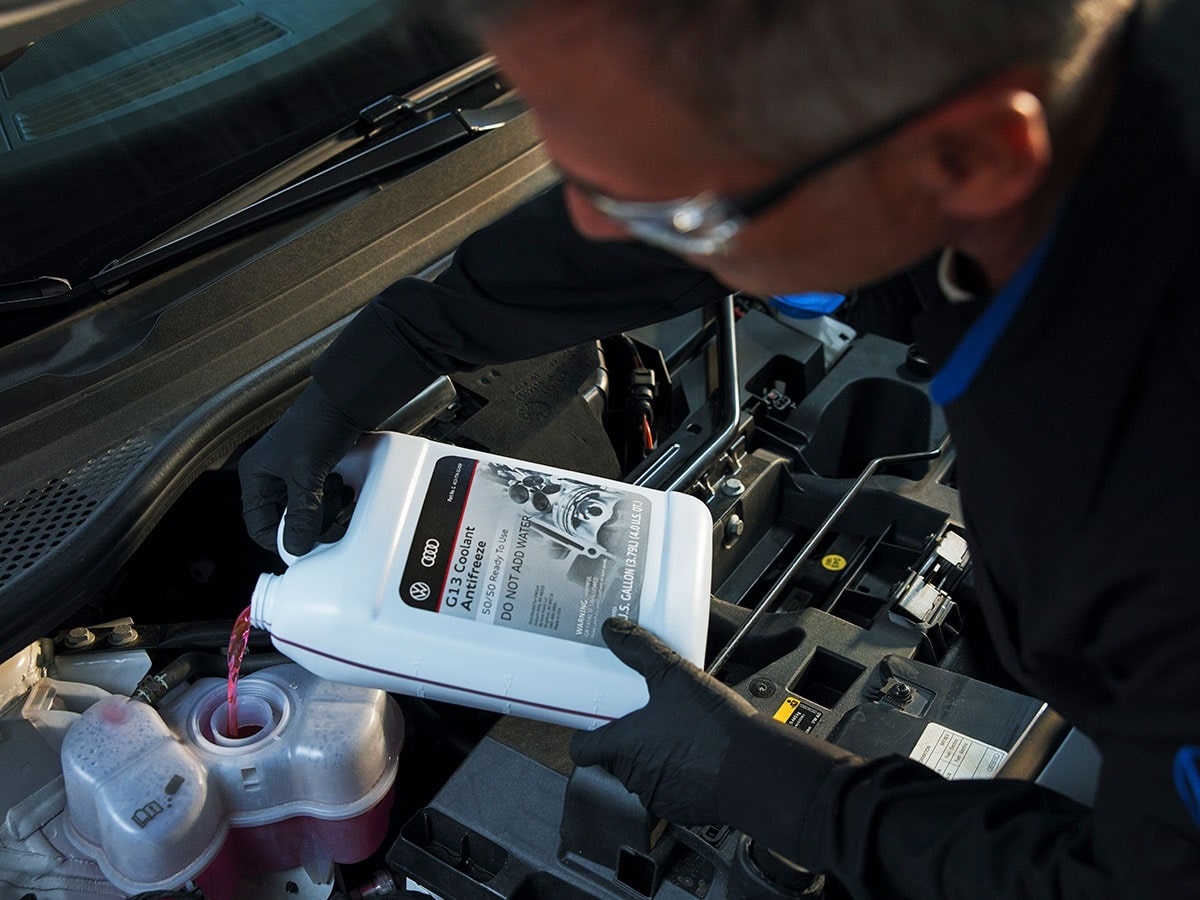1
HOME > Cars >
UNDERSTANDING, MAINTAINING, & REPAIRING YOUR CAR: WHAT YOU SHOULD KNOW
Written by Menswear Style in Cars on the 2nd February 2024

As car owners, we rely on our vehicles to get us from point A to point B safely and efficiently. However, with regular wear and tear, our cars may start experiencing issues that can affect their performance. In these situations, it's important to have a basic understanding of how your car works and know when it needs maintenance or repairs. This will not only save you time and money, but also ensure the longevity of your vehicle. In this blog post, we will discuss some essential tips for understanding, maintaining, and repairing your car so you can be a knowledgeable and responsible car owner. So let's get started!
Always Consult Car Experts
As a car owner, it's important to have a trusted and reliable car expert that you can consult with for any issues or concerns regarding your vehicle. A trusted dealer always has a broad range of car related services that are tailored to your specific needs. They have a team of experienced and knowledgeable technicians who can accurately diagnose and fix any issues with your car. Regular consultations with these experts can also help you stay updated on the latest maintenance practices and technologies for your car model. Remember, it's always wise to seek professional advice rather than attempting to fix a complex issue on your own. By consulting car experts, you can ensure the safety and optimal performance of your vehicle.

Regularly Check and Change the Oil
Oil is considered the lifeblood of your car's engine, and regular oil changes are essential for maintaining its health. It's recommended to check your oil levels every month and change it every 3,000-5,000 miles, depending on your car brand and driving habits. Old or dirty oil can cause various issues such as decreased fuel efficiency, engine damage, and even complete engine failure. It's also important to use the recommended type and grade of oil for your car, as using the wrong kind can have negative effects on its performance. By making sure your car has clean and sufficient oil, you can prolong its lifespan and prevent costly repairs in the long run.
Keep an Eye on Your Tires
Tires are an essential part of your car's safety and performance, as they are the only contact point between your vehicle and the road. Therefore, it's crucial to regularly check and maintain your tires. This includes checking the tire pressure, tread depth, and overall condition. Underinflated or worn-out tires can greatly affect handling, braking, and fuel efficiency. It's also important to rotate your tires every 5,000-7,000 miles to ensure even wear and prolong their lifespan. By properly maintaining your tires, you can improve the safety and performance of your car while also saving money on fuel and tire replacements.

Learn the Basic Parts of Your Car
Having a basic understanding of the different parts of your car can go a long way in helping you identify and understand any issues that may arise. This includes knowing the location and function of important components such as the engine, transmission, brakes, and suspension. You don't need to be an expert mechanic, but having a general understanding of how these parts work can help you communicate better with car experts and make more informed decisions when it comes to maintenance and repairs. You can also refer to your car's manual for a diagram of its parts and their functions.
Follow the Maintenance Schedule
Every car has a recommended maintenance schedule provided by the manufacturer. This includes regular check-ups, oil changes, filter replacements, and other general services that keep your car running smoothly. It's important to follow this schedule and not neglect any necessary maintenance tasks, as they are crucial for preventing bigger issues down the road. Skipping regular maintenance can void your car's warranty and may lead to costly repairs in the future. By following the recommended maintenance schedule, you can ensure that your car is running at its best and avoid any unexpected breakdowns.

Don't Neglect Minor Issues
While it may be tempting to ignore minor issues with your car, such as strange noises or small leaks, it's important to address them before they turn into bigger problems. These seemingly insignificant issues can indicate underlying problems that can escalate and cause more damage if left unchecked. It's always better to address any concerns with your car immediately rather than waiting for them to worsen. This can save you time and money in the long run and prevent your car from breaking down unexpectedly.
Use High-Quality Parts and Fluids
When it comes to maintaining or repairing your car, it's important to use high-quality parts and fluids recommended by the manufacturer. While generic or cheaper alternatives may seem like a good way to save money, they can actually end up causing more harm than good. Low-quality parts and fluids may not be compatible with your car or may wear out quickly, leading to expensive repairs. Always opt for genuine and high-quality products to ensure the optimal performance and longevity of your vehicle.

Practice Safe Driving Habits
Last but not least, practicing safe driving habits is crucial for not only your own safety but also the health of your car. Aggressive driving, speeding, and sudden braking can cause unnecessary strain on your car's engine and other components. By following traffic laws and maintaining a safe driving speed, you can reduce wear and tear on your vehicle while also avoiding accidents. It's also important to avoid overloading your car and to give it a break during long drives. By being a responsible driver, you can ensure the safety and longevity of your vehicle. Understanding, maintaining, and repairing your car is essential for any responsible car owner. By following these tips, you can ensure the safety and optimal performance of your vehicle while also saving time and money on costly repairs. Remember to always consult car experts, regularly check and change oil, keep an eye on your tires, learn the basic parts of your car, follow the maintenance schedule, address minor issues promptly, use high-quality parts and fluids, and practice safe driving habits. With these tips in mind, you can confidently hit the road with your well-maintained vehicle!
Trending
2
3
4
5
6
7
8
9
10









